Chat with us
9 a.m. - 7:00 p.m. EST
Enter camper details to start the camp registration process and to view available camp dates and pricing
By clicking Submit you agree to and have read our privacy policy: Privacy Policy
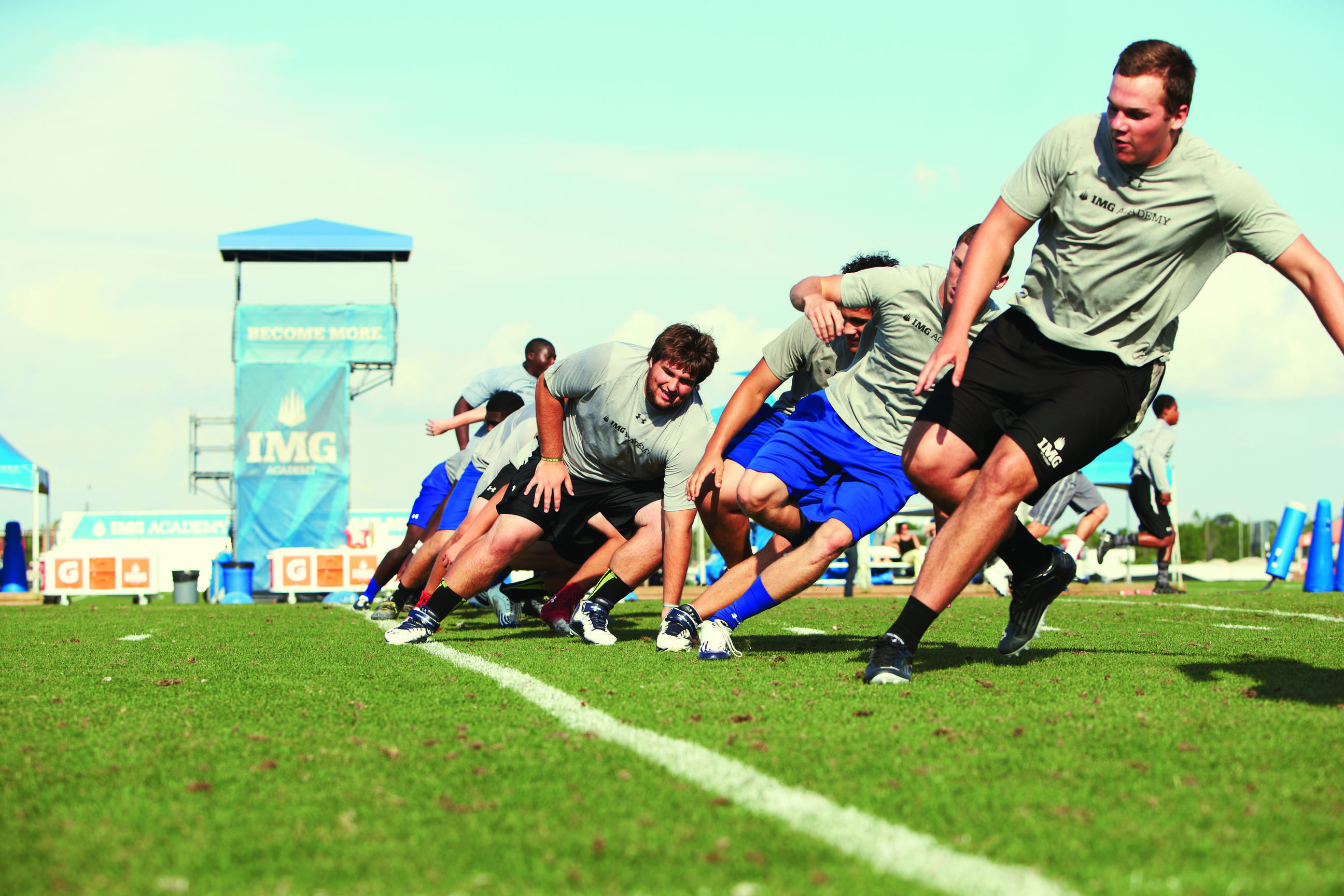
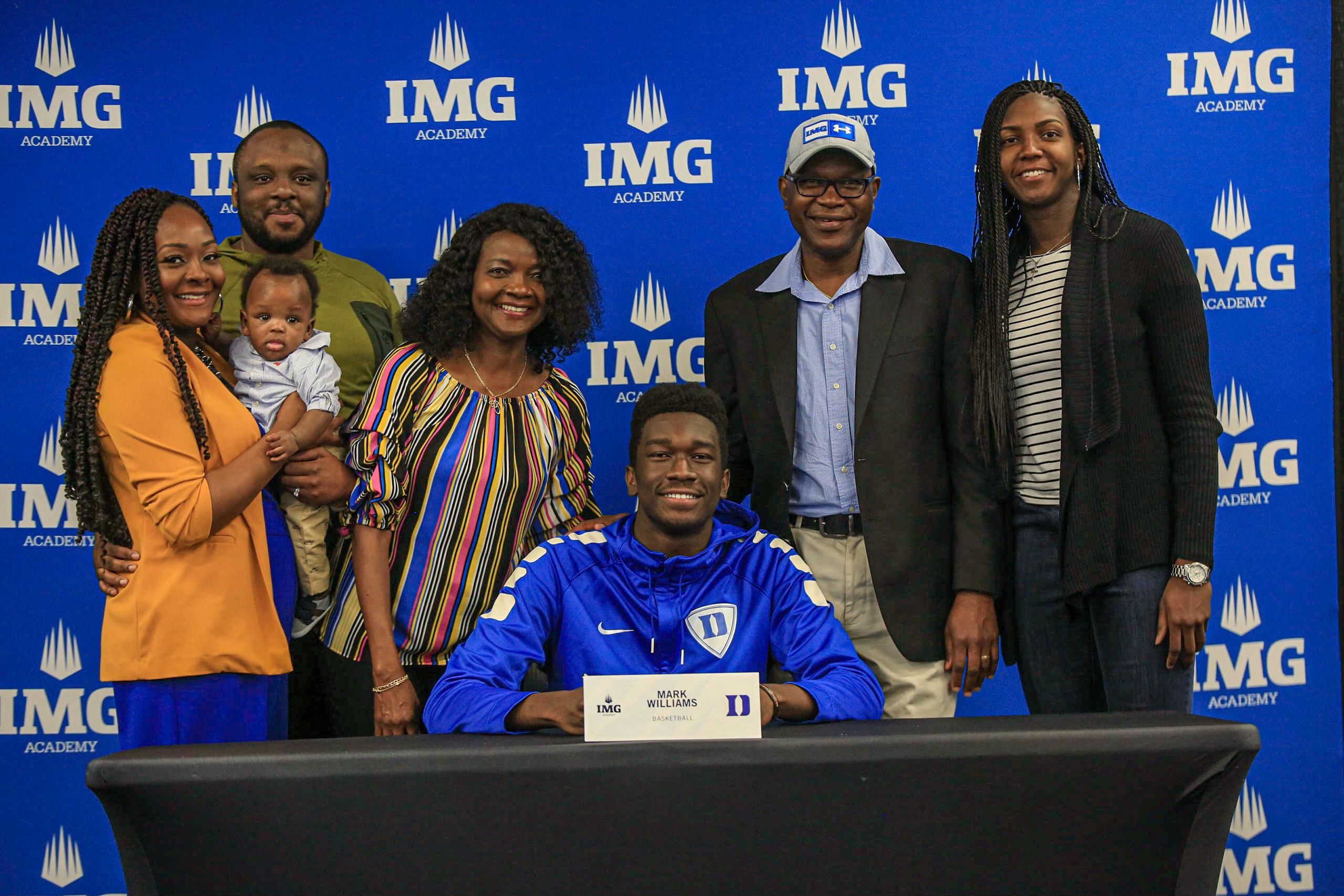
While the numbers are much higher for student-athletes who attend IMG Academy’s elite boarding school, only about 7% of United States high school students who play sports go on to play a varsity sport in college, and less than 2% go on to play at NCAA Division I schools, according to 2016-2017 school year data from the High School Athletics Participation Survey conducted by the National Federation of State High School Associations. As parents, we want to see our children succeed and achieve their dreams, but it is also important to be realistic and ensure our children are well rounded and prepared for careers that may not involve professional sports. Here are some ways you can do just that:
Encourage them to be a leader: Whether it’s being the captain or co-captain of their sports team, taking on a leadership role in a club at school, joining student government, or being a leader in an organization outside of school, kids who have experience as leaders learn initiative, confidence, and organizational skills that transfer directly to college and later on to their jobs once they enter the workforce. Help your child explore the various ways in which they can take on leadership roles, and encourage them to pursue these opportunities. Even if they don’t always achieve those roles, the process of campaigning for them will instill lifelong characteristics and skills that are also beneficial. They can even tie their leadership experience into their sport by coaching a team of athletes in a younger age group.
Encourage them to volunteer: While a lot of high schools have volunteer hours as a part of their graduation requirements, and many colleges require them for admission, you should encourage your child to do more than just the minimum amount of volunteering. If you are an active volunteer in your community, bring your child along when they are young so that they develop an appreciation for helping. By volunteering in their community, your child will meet people of various ages and from all walks of life. This experience will open their eyes to what the “real world” is really like while giving them the satisfaction of making a difference as well as an opportunity to explore other avenues they may enjoy. Volunteer opportunities are so varied, from manual labor to tutoring or fundraising, so your child will have a variety of experiences while building a very wide skill set.
Encourage them to have varied interests: If your child shows an interest in something outside of their sport, such as music, assembling or construction, technology, or something else, encourage them to explore it. A child who likes to building intricate items out of building blocks could grow up to be an architect; a child who likes to take apart and reassemble machinery could grow up to be an engineer. If you find a club or classes within your community that align with your child’s interests, these could help them to explore those interests further and meet peers with similar interests.
Encourage them to get a job: As a parent, you may already want your child to get a job to help with saving for college or to purchase their own luxury items they may be wanting. But, getting a job when they’re of age can also help lead them to a future career while also being beneficial when it’s time to apply to colleges.
Start planning for life after sports now: Help your child understand that they most likely will be pursuing a career that is not tied to playing sports after they graduate from college. Even if they do go on to play at a collegiate level, they will still need a game plan once they earn their degree. Erin Reifsteck, an assistant professor in the UNCG Department of Kinesiology, dealt with the dilemma of what to do once she completed her education at Saint Francis while playing field hockey. She used that dilemma to launch a program called Moving On!, which helps college athletes make a healthy adjustment to life after athletics. Reifsteck used a difficult transition to inspire her, setting a great example for student-athletes to follow. Your child can even consider exploring ways in which they can tie the sport they played into their future career, whether it’s by pursuing an education in sports health or by becoming a sports journalist.
Kelli Hinton is an IMG Academy College Counselor and works directly with student-athletes who are seeking to commit to their desired collegiate program. Hinton provided her perspective on planning for life after athletics as it relates to her experience at IMG.
"Life after sports doesn’t always mean giving up your love for the game," she said. "Use the skills and life experiences obtained from being a part of this unique population to make yourself stand out when choosing the next step in life."
Student-athletes who attend IMG Academy’s elite boarding school don’t just receive training in their sport. They also experience a well-rounded education that includes both personal growth and social responsibility. Playing sports as a child creates a fantastic groundwork for a child’s adulthood, but it is also important for a child’s parents and the other authority figures in their lives to guide them to explore what their life will be like after their sports career ends.
Discover the opportunities available at IMG Academy to help your student-athlete reach their full potential
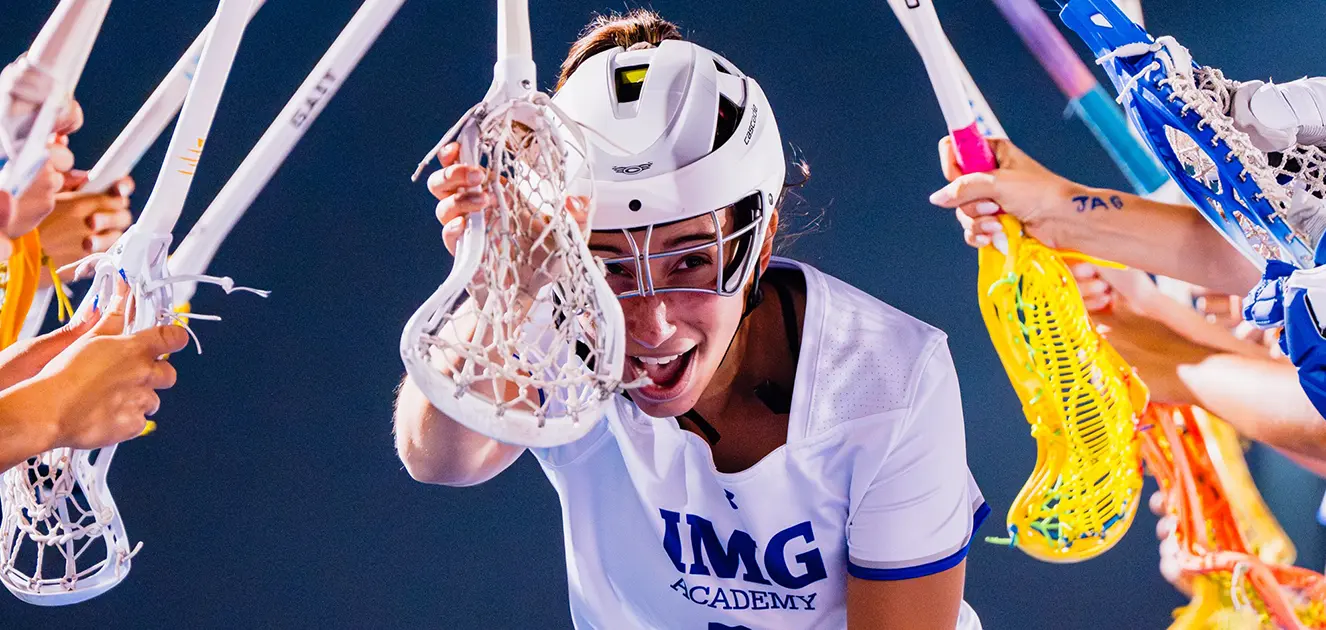

Discover the opportunities available at IMG Academy to help your student-athlete reach their full potential
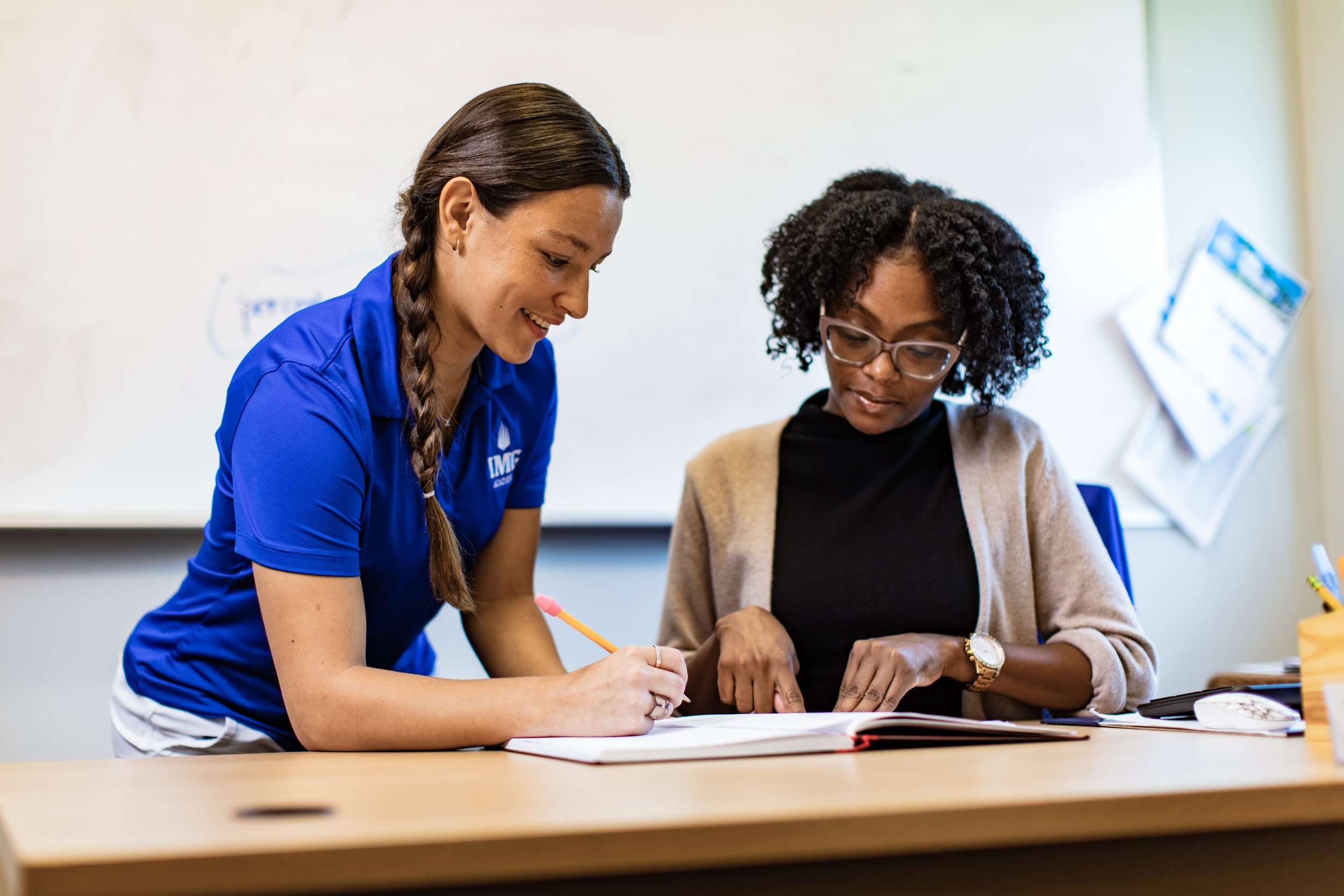
Explore IMG Academy world-renowned academic and athletic programs.
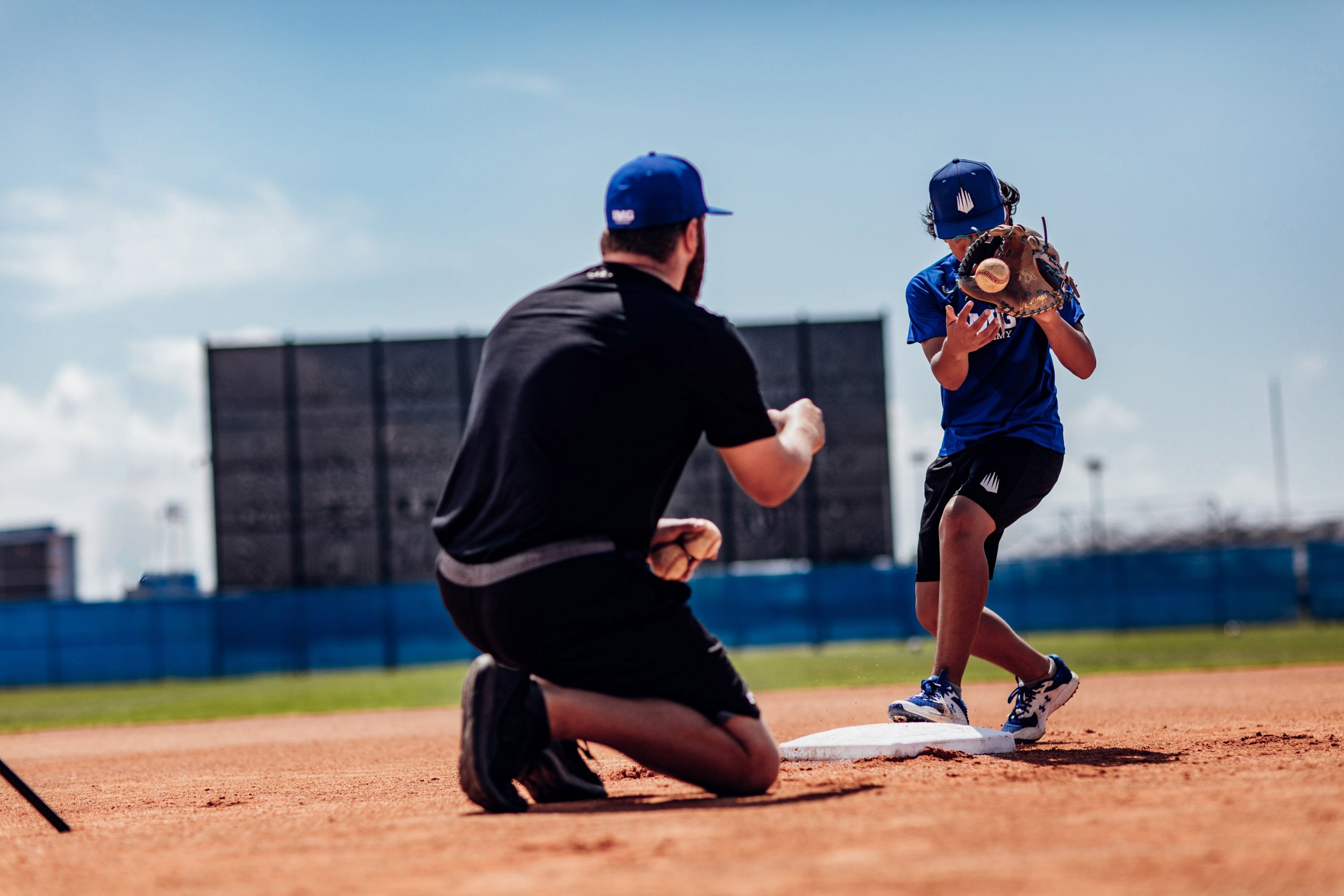
Explore IMG Academy's year-round sport camps and training programs.

Learn about online Mental Performance and Nutrition coaching.
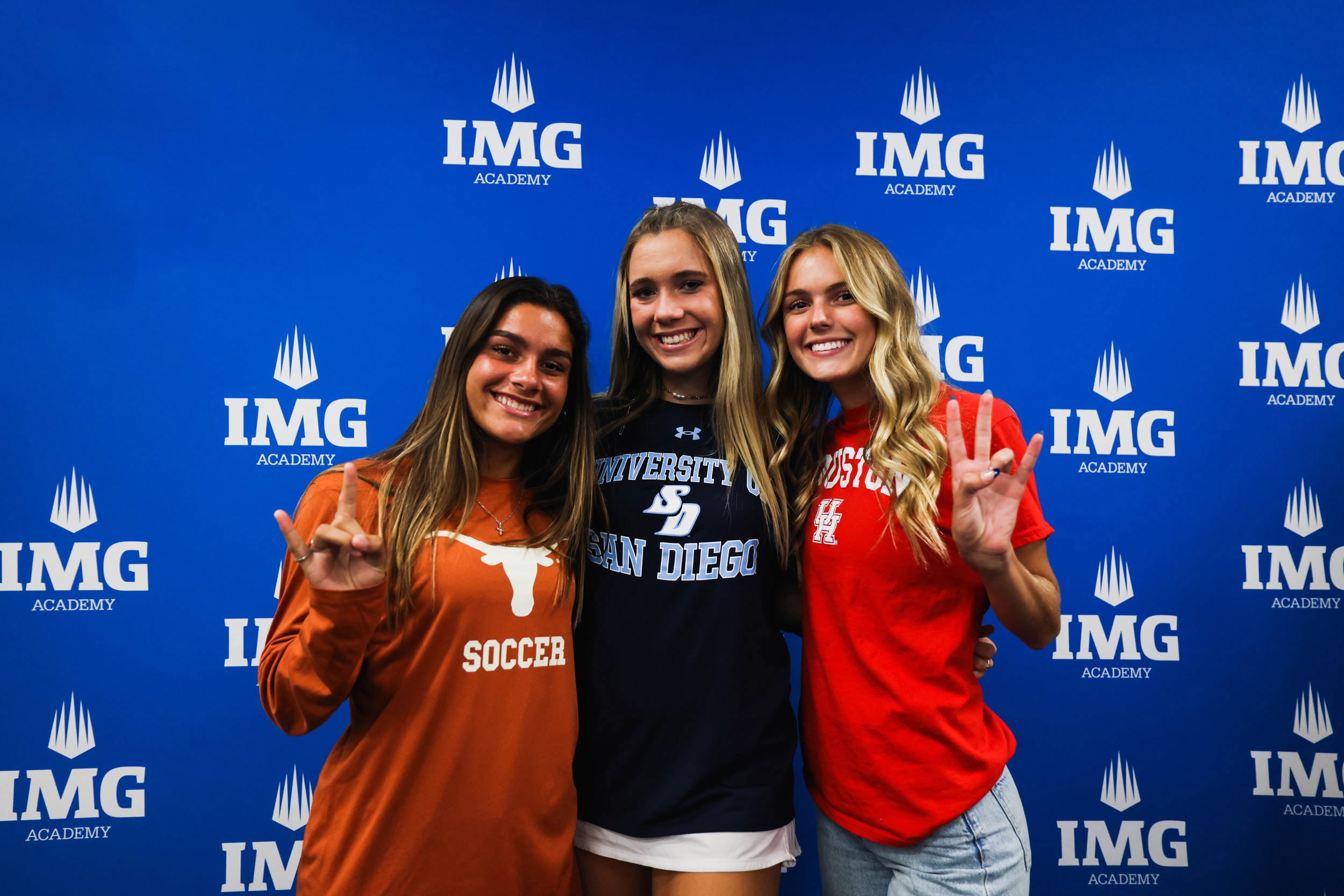
Learn about NCSA College Recruiting and how to prepare for the next level.
9 a.m. - 7:00 p.m. EST